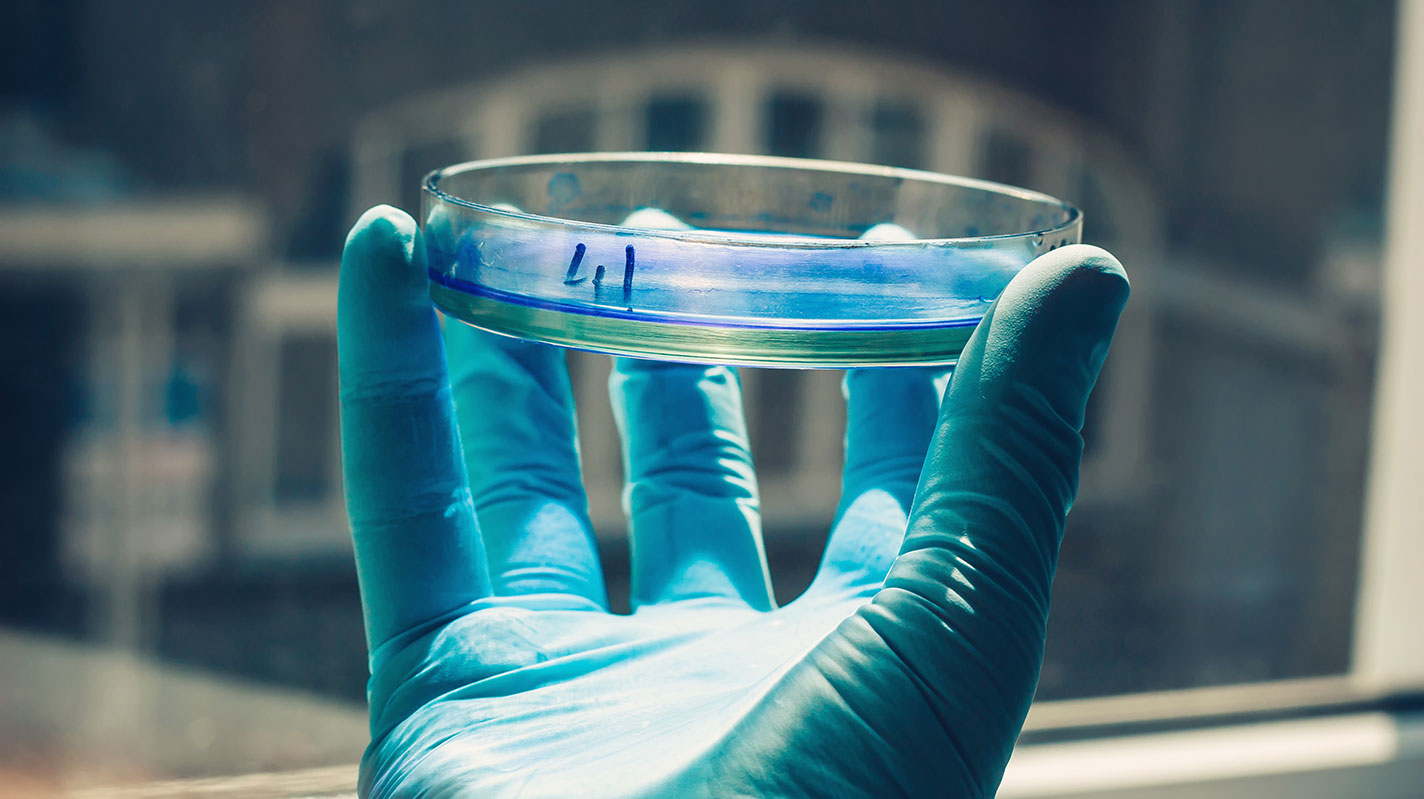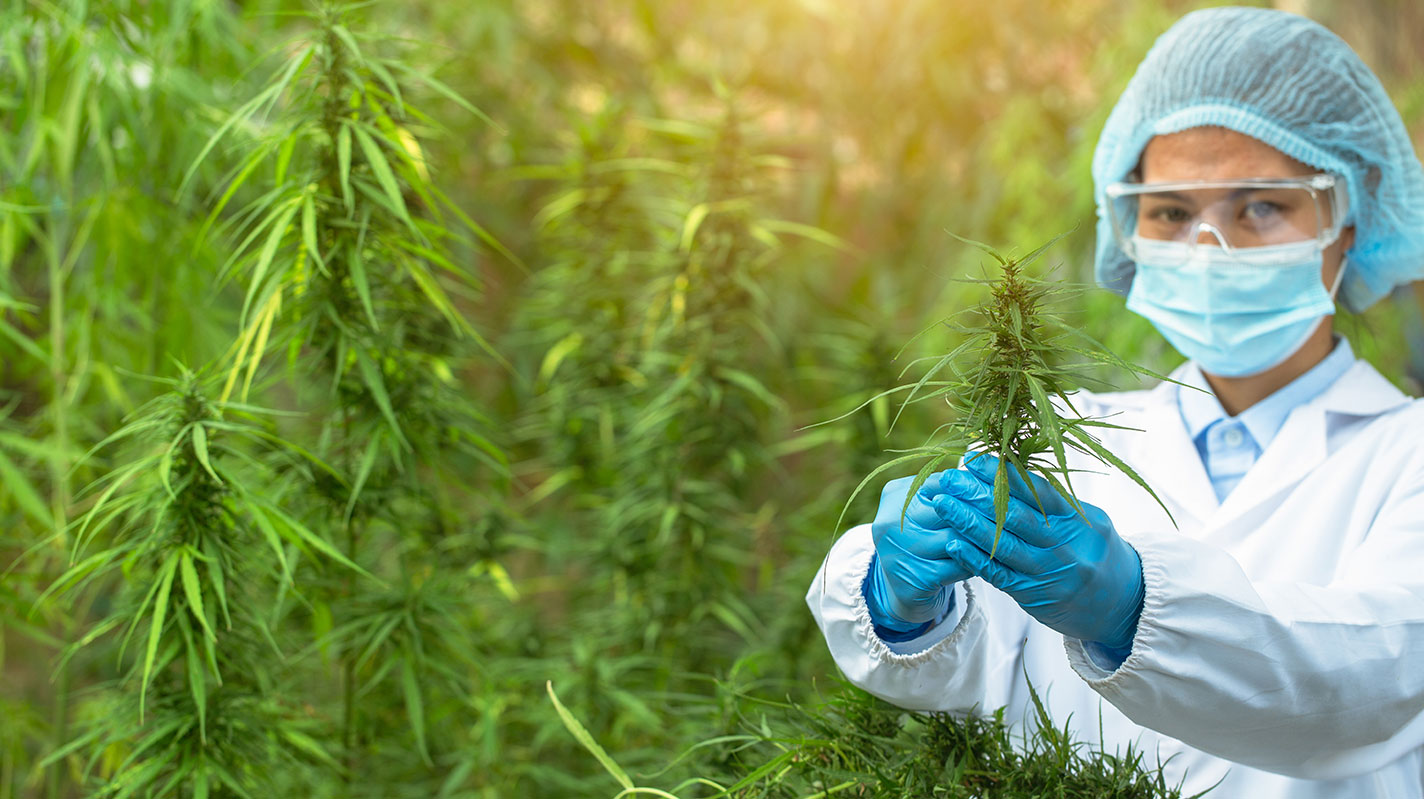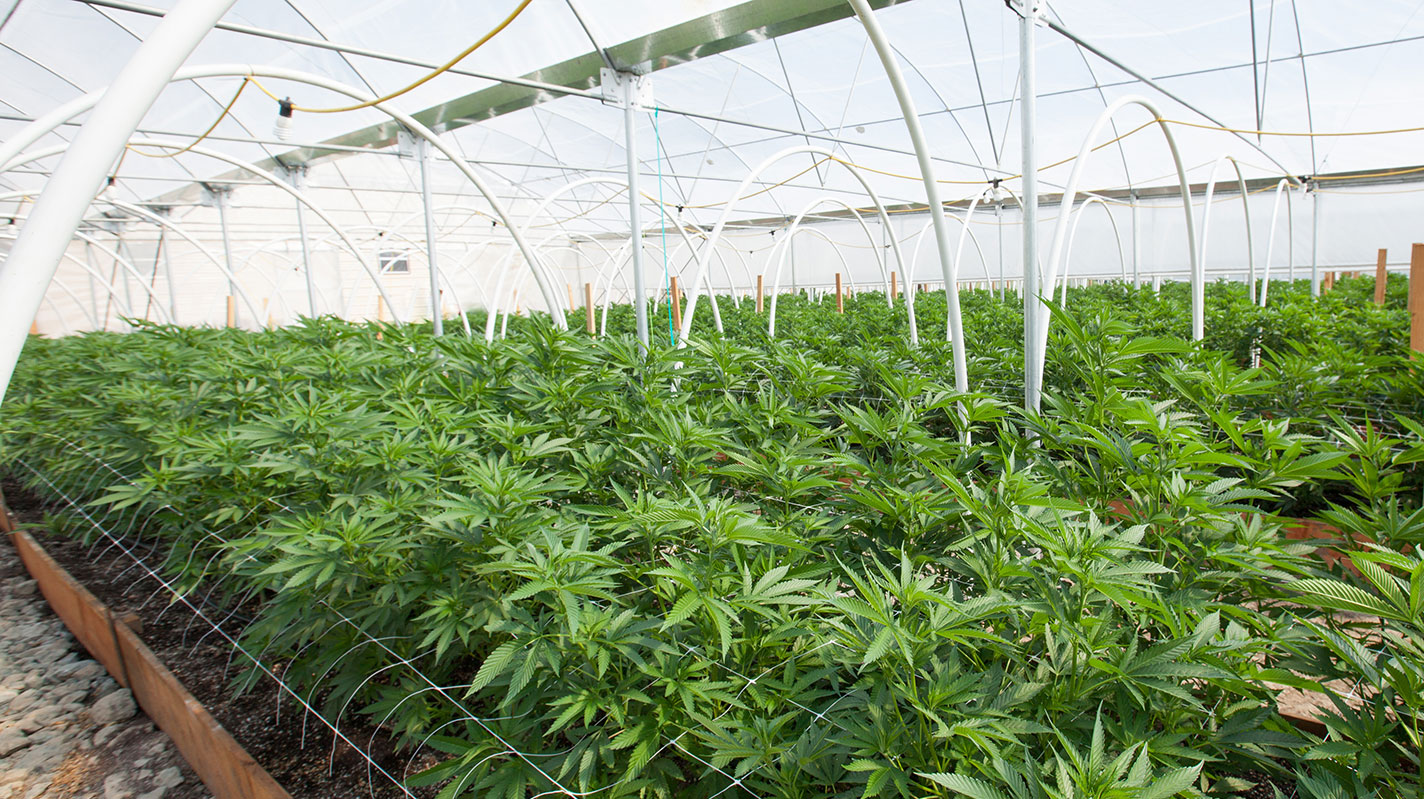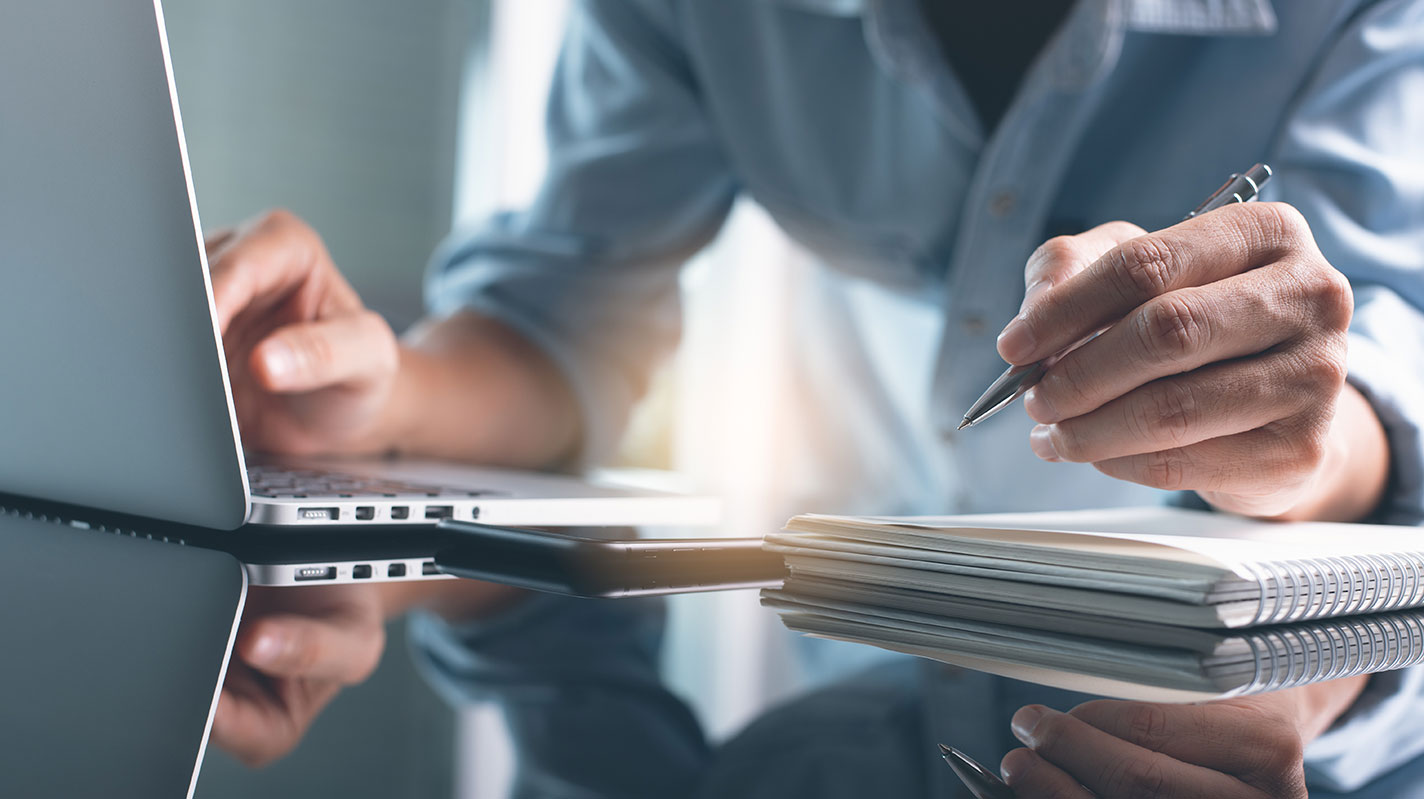Best Practices for Starting a Cannabis Testing Laboratory
Learn about best practices and key factors to consider in starting an in-house or compliance testing lab for cannabis microbiology.

The cannabis industry is rapidly growing; now more than ever microbial testing is essential for the stability of the industry, brand protection, and consumer safety. In-house microbiology testing provides an impact throughout the supply chain. Testing your incoming materials, the environment, and final products all impact the final product quality, your brand, and prepare your products for microbiology compliance testing. This is best done throughout production and cultivation with in-house testing.
The gateway to supply chain is compliance testing at an independent licensed cannabis lab. The results at these state licensed laboratories determine the fate of product and safety for consumer health.
Both in-house labs and compliance labs are valuable to your brand, quality, and the industry. The idea of creating a cannabis microbiology lab may seem daunting, but it doesn’t have to be. Whether you’re a seasoned microbiologist, chemist, or businessperson, with the right guidance and partnerships, an efficient and reliable lab can be a profitable reality.
There are several key factors to consider as you embark upon implementing an in-house or compliance testing lab for cannabis microbiology. These include:
- Development of a strong business plan
- Leveraging existing knowledge sources to obtain the biggest impact
- Knowing the materials needed for microbiology testing operations
- Understanding how to select a microbiology testing method
- Creating and upholding scientific integrity, and
- Complaining with accreditations, certification, and best lab practice
Business Plan Anatomy
The first step to creating this reality is putting together a business plan. Whether you’re setting up an in-house microbiology laboratory or a compliance laboratory cannabis microbiology testing, you’ll need a solid business plan. A business plan addresses the needs, goals, and the main considerations of the lab to fuel success. The anatomy of a business plan can be broken down into several main components.
Adjacent a business plan, it’s essential to understand the industry and the unique dynamics to set the stage for your in-house or compliance cannabis microbiology testing lab to flourish. Your next step is to learn as much about the industry as you can by leveraging knowledge from partnerships.

Knowledge Impact
Everyone requires a helping hand, and in the cannabis industry a helping hand can save you from unnecessary hassle. Find partners in industries that complement your own (such as food, agriculture, and nutraceuticals) and you’ll be able to leverage their knowledge for your benefit. The knowledge these partners can provide includes best lab practices, improved traceability, and reliable microbiology solutions. Broadening insights on the industry, the science, and operations of running your microbiology lab and help decrease the steep learning curve and complexities of the overlapping industries. Leveraging knowledge from adjacent industries fuels product quality and consumer safety while protecting your business and profitability.
Now it’s time to set up your lab.
With so many components that go into implementing a lab, it can be difficult determining what to do first. Start off by making sure you’ve read your state’s cannabis regulations and laws, obtain all the necessary permits, and know how to properly dispose of lab waste.
Essential Microbiology Lab Materials
Some of the most common microbiology lab equipment includes biosafety cabinets, autoclaves, pipettes, incubators, and rapid microbiology analyzers. COVID has taught us the importance of personal protective equipment (PPE). This is essential in a lab to keep everyone safe. Some examples are lab coats, safety glasses, disposable gloves, and shoe covers. The PPE will also help you decrease cross contamination from both the outside and within the lab.
Once you establish a lab, you need to determine the specific testing methods you’ll use.

How to Select a Microbiology Testing Method
Choosing a testing method may seem intimidating; considering these five things will help immensely:
- Know your operational goals and business plan
- Understand the regulations and confirm testing needs
- Evaluate the science
- Assess the workflow
- Leverage Experts & Forge Partnerships
Remember, the testing method you choose will be used day in and day out. It’s essential the method meets your needs, values, and is highly functional. Values are especially important, as they become the foundation of your integrity as a lab.
Scientific Integrity
Scientific integrity is essential and not optional; it protects your brand, consumer health and safety, and the credibility of the industry as a whole. This means avoiding things like lab shopping—the practice where producers seek out compliance labs offering an implied promise of passing compliance testing or other beneficial outcomes for products that may be subpar.
Scientific integrity benefits you in both the short and long term. To help maintain integrity, consider creating and following standard operating procedures and a quality manual, put measures in place to prevent cross contamination, and make sure every individual performing tests has been properly trained and understands the guideposts of laboratory creation.
Quality & Certifications
Whether you’re creating a microbiology lab in-house for in-process testing, or establishing a compliance testing lab, International Organization for Standardization (ISO), Good Laboratory Practice (GLP), Good Agricultural Practice (GAP), and Good Manufacturing Practice (GMP) are instrumental guideposts to ensure quality assurance and a standardized quality management system. These promote a reduction of risks for both consumer and brand.
By carefully planning, preparing, and addressing all critical elements, you put yourself in a place to succeed—have your business plan ready, use your resources to gain new knowledge, and study up on your local laws and testing methods. Follow these steps and you’ll soon have your cannabis microbiology lab up and running. If you wish to learn more about any of these topics, follow the links to their respective pages.





